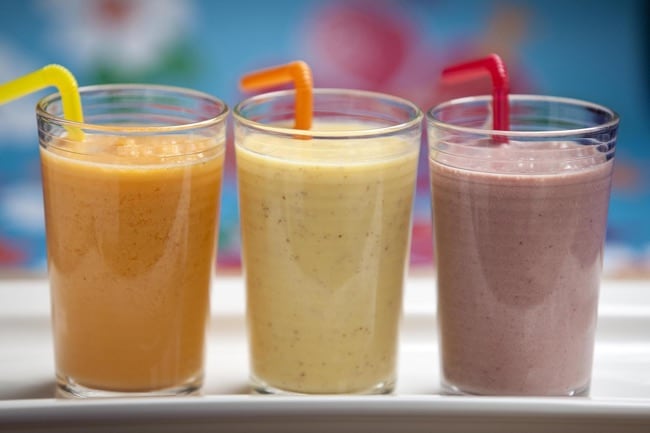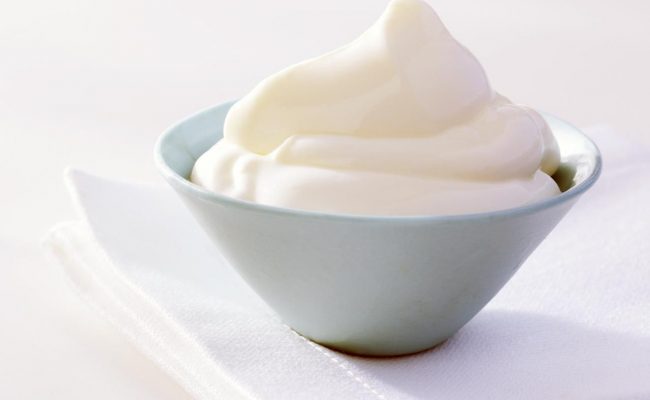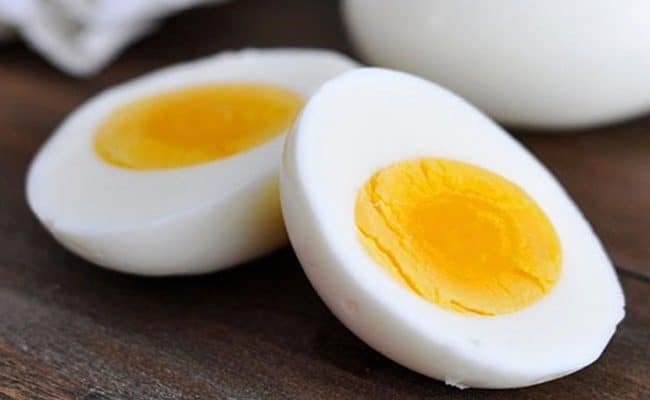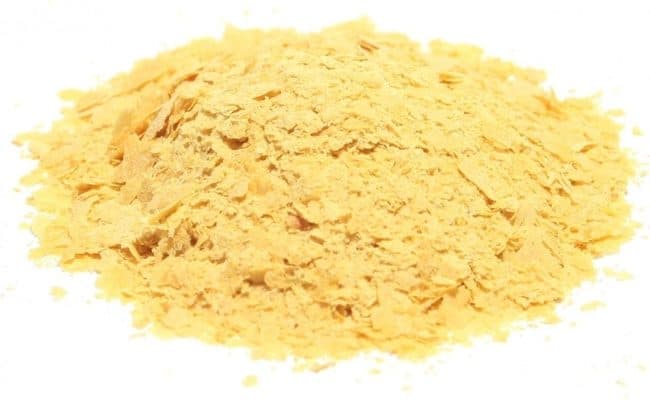
The appeal for protein shakes for weight loss is they can be used as a low calorie, easy meal replacement. There have been many studies suggesting higher protein intake at meals may be helpful for weight loss while preserving lean muscle mass. Protein also has a high satiety level which could translate to eating less after consuming protein.
The downfalls with protein shakes for weight loss can be, even though they are high in protein, they can still leave you feeling hungry afterwards. Drinking protein shakes instead of a meal could also mean you are missing out on important nutrients you would get from food.
Drinking protein shakes could help for weight loss, but they are not the only way people can successfully lose weight.
Also, when people stop drinking protein shakes in place of meals and eat more regular food, weight re-gain can occur.
The type of protein used for protein shakes could also make a difference on weight loss.
Reduced calorie intake
One of the main reasons drinking protein shakes can help for weight loss is drinking protein shakes in place of meals can reduce overall calorie intake.
Protein shakes can be promoted as a meal replacement for one or two meals a day.
Protein shakes can range in nutritional amounts, but in general drinking a protein shake will provide less energy than eating a meal.
Following a low calorie diet can help the body shift to using fat stores for fuel, but dropping calories too low can also slow metabolism.
Therefore, following an exercise plan, specifically with some resistance training, can help preserve lean muscle mass and keep metabolic rate up.
Convenience
Some people like the idea of drinking a protein shake for weight loss because it keeps meal decisions easy and convenient.
Figuring out what to eat while you are trying to lose may seem confusing. Drinking a protein shake can seem like an easy solution.
If you don’t drink protein shakes, you can still get adequate protein through food sources at meal or snack times.
Lean meats, eggs, dairy, legumes, nuts, seeds and whole grains are all protein sources that can provide as much protein you would get from a weight loss protein shake.
Benefits of higher protein intake
Besides a reduced overall calorie intake, drinking protein shakes for weight loss can give you the benefit of protein on satiety, appetite and weight loss.
A 2012 review (1) suggests dietary protein can impact obesity and metabolic syndrome because of it’s high satiety effect and can help prevent weight loss cycling.
A 2007 study (2) had 100 obese men and women on an iso-caloric meal plan that included either a higher protein or lower protein based meal replacement shake.
Study participants either received 1.1 gm protein/ kilogram of lean body mass or 2.2 grams of protein/ kilogram of lean body mass.
Weight loss amount was different between groups after 12 weeks. However, participants in the high protein group lost more body fat than the lower protein group.
This suggests drinking shakes with a higher protein amount as a healthy weight loss diet may help preserve lean mass during weight loss.
Whey or soy protein?
Does it make a difference for what type of protein you use?
According to WebMD (3), a study from the USDA Research Center put adults into 3 categories: a diet with whey protein shakes, a diet with soy protein shakes and a diet with carbohydrate shakes.
These shakes were taken for breakfast and dinner and all had the same number of calories.
All groups received the same number of daily calories and weights were similar before the study started.
After 6 months, the group drinking the carbohydrate group, on average, gained a few pounds. The group drinking the soy protein shakes stayed about the same.
However, the group drinking the whey protein shakes lost on average a few pounds after 6 months.
Check the ingredients for weight loss shakes
Should you drink protein shakes for weight loss?
Some physician guided weight loss programs use weight loss shakes for weight loss, and other commercially available weight loss shakes are available over the counter.
If you want to try protein shakes for weight loss, consult your healthcare team to see if this would be the best approach for your health.
Something to keep in mind for protein shakes is to check the ingredients. Some shakes can be high in sugar, artificial ingredients or higher in unhealthy fats.
If you are using protein shakes for meal replacements, they should also be fortified with vitamins and minerals.
Drinking a shake, even if it’s fortified, is not the same as getting nutrients from food. Eating fruits and vegetables provides many health benefits and antioxidants that you don’t get from a shake.
Meals or snacks?
Drinking a protein shake may fill some people up but not everyone. If you still feel famished after drinking a protein shake, it may not be the best solution for long term weight loss for you.
Drinking a protein shake could be used for snacks, depending on your body and protein needs.
However, protein shakes are not mandatory for weight loss or even to build muscle mass. Getting enough protein from food can be possible.
Conclusion
Protein shakes have been shown to be helpful for some people for weight loss. Protein has a high satiety level and may help keep appetite levels lower after eating.
Some research has shown whey protein in particular used as a meal replacement shake could be helpful for preserving lean muscle mass while on a lower calorie diet.
However, people can lose and maintain weight loss without the use of protein shakes.
If protein shakes are high in sugar, calories or fat, they may not be helpful for weight loss. They should also provide other nutrients like vitamins and minerals if used in place of meals.
Getting adequate amounts of fruits and vegetables shouldn’t be overlooked if you are using protein shakes as part of your diet.










